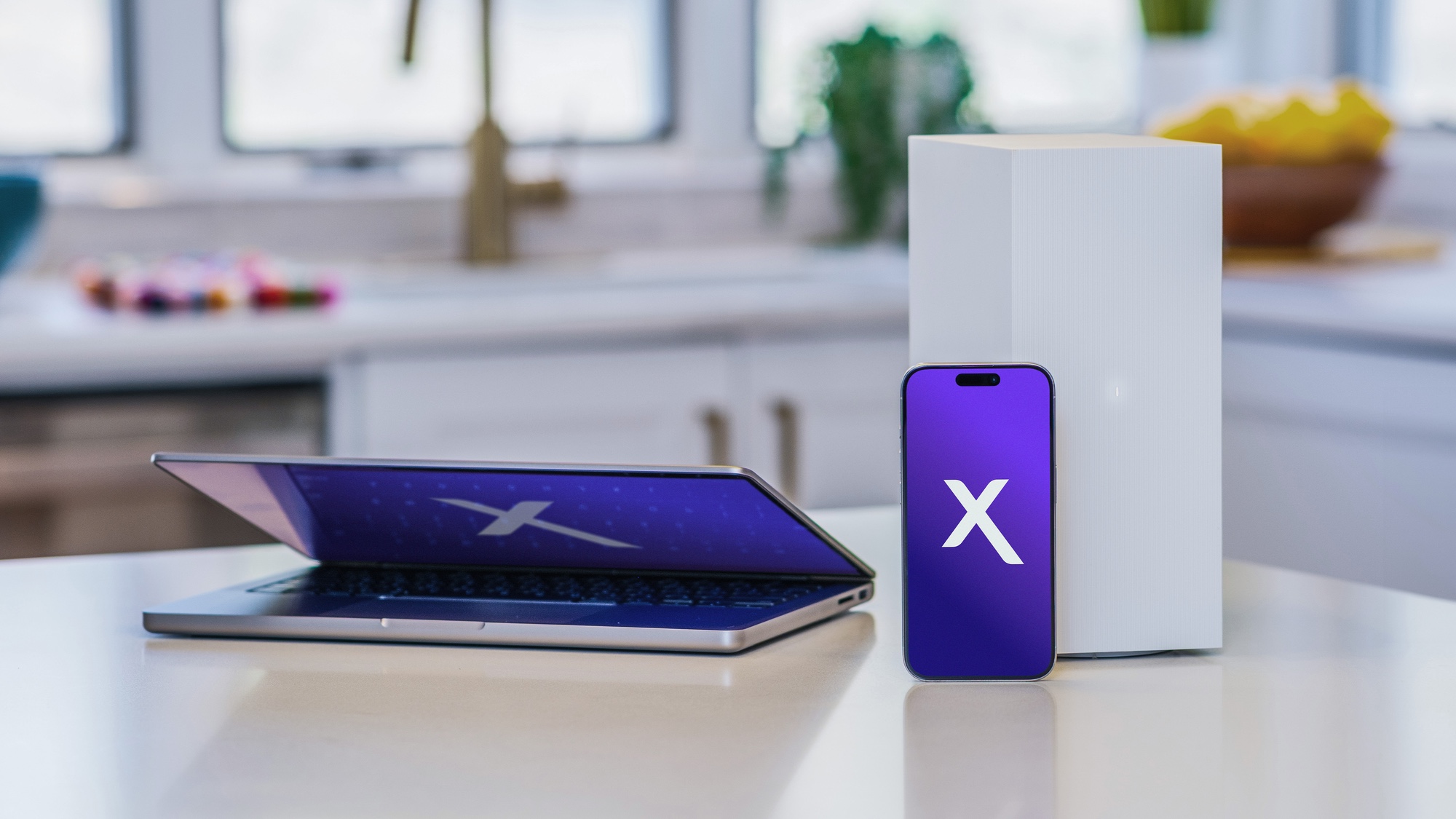What to plant in March as spring arrives
Spring is almost here, so time to get your planting game on
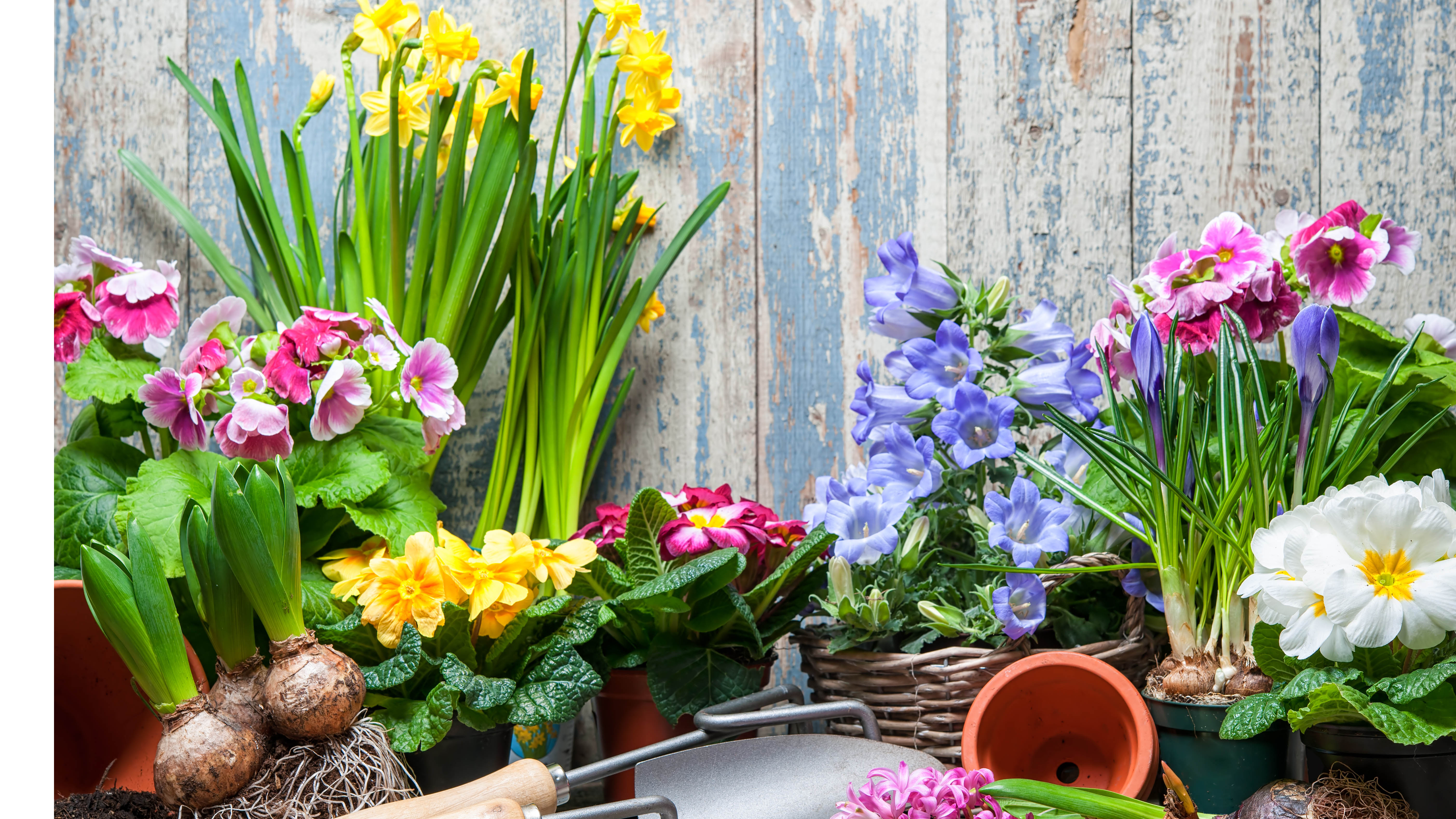
Knowing what to plant in March is handy as spring approaches and you prepare to enjoy the garden once again. What’s more, planting in March will prepare your garden for plenty of bloomers or homegrown veggies for a summer harvest.
If your soil is still getting frost however, don’t despair! You can start planting certain seeds in pots or containers indoors before transferring directly to the soil outside. So, from flowers and plants to organic vegetables, here’s what to plant in March as spring arrives. It's still a little too early for tomatoes, but you can start growing tomatoes from seeds indoors. Also, here are 5 jobs to do in your yard in March.
If you're more interested in indoor plants, check out our guide on how to care for succulents.
Broad beans
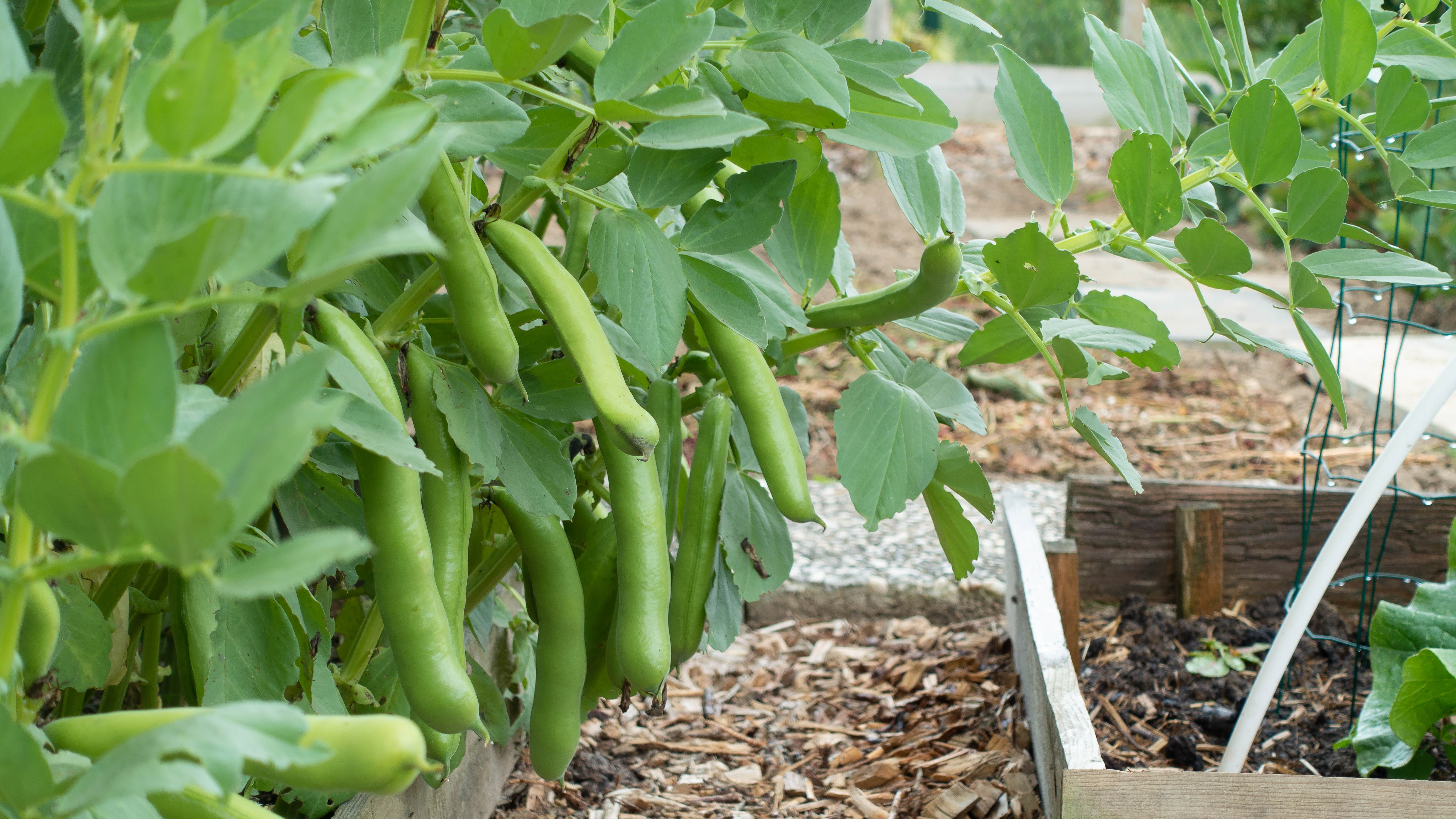
We've got good news if you enjoy broad beans for your meals, because these large pods are straightforward to grow. When planting outdoors, sow the seeds directly into the soil and space at around 12 inches apart to allow growth. In addition, broad beans can also be planted in pots indoors , and the young shoot tips are often used in salads.
Kale, spinach and lettuce
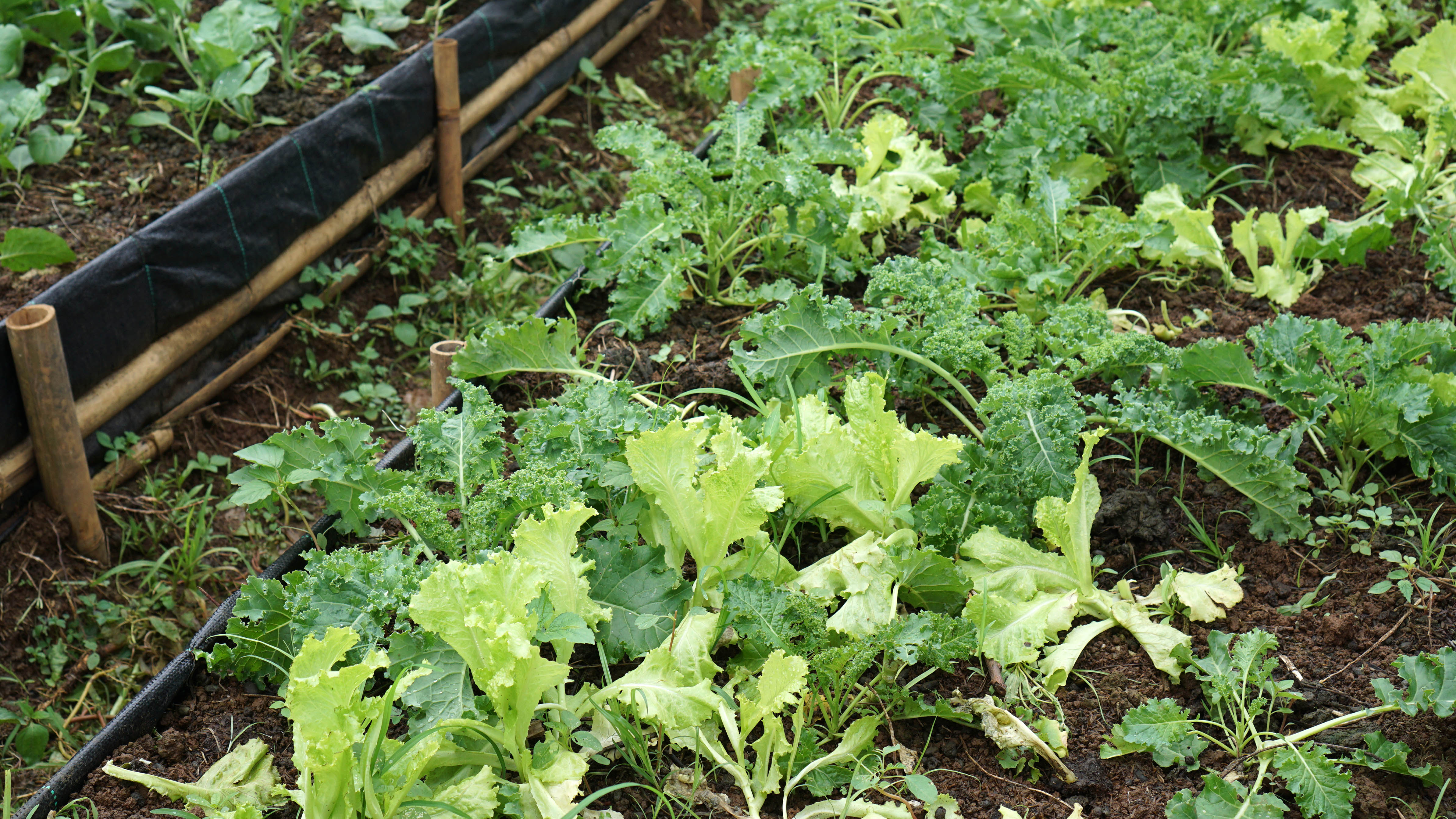
These popular, healthy vegetables used in salads or steamed, are also easy to grow in March. You can either sow in pots or into the ground for crops of young leaves, ideally in a semi-shaded spot. Sow about three seeds in individual seed pods filled with peat-free multi-purpose compost. Then, cover with 1 inch of compost, water pot, and place on a sunny windowsill or in a greenhouse. Lettuce leaves are best sown indoors first before transferred outside in the soil.
Beetroot
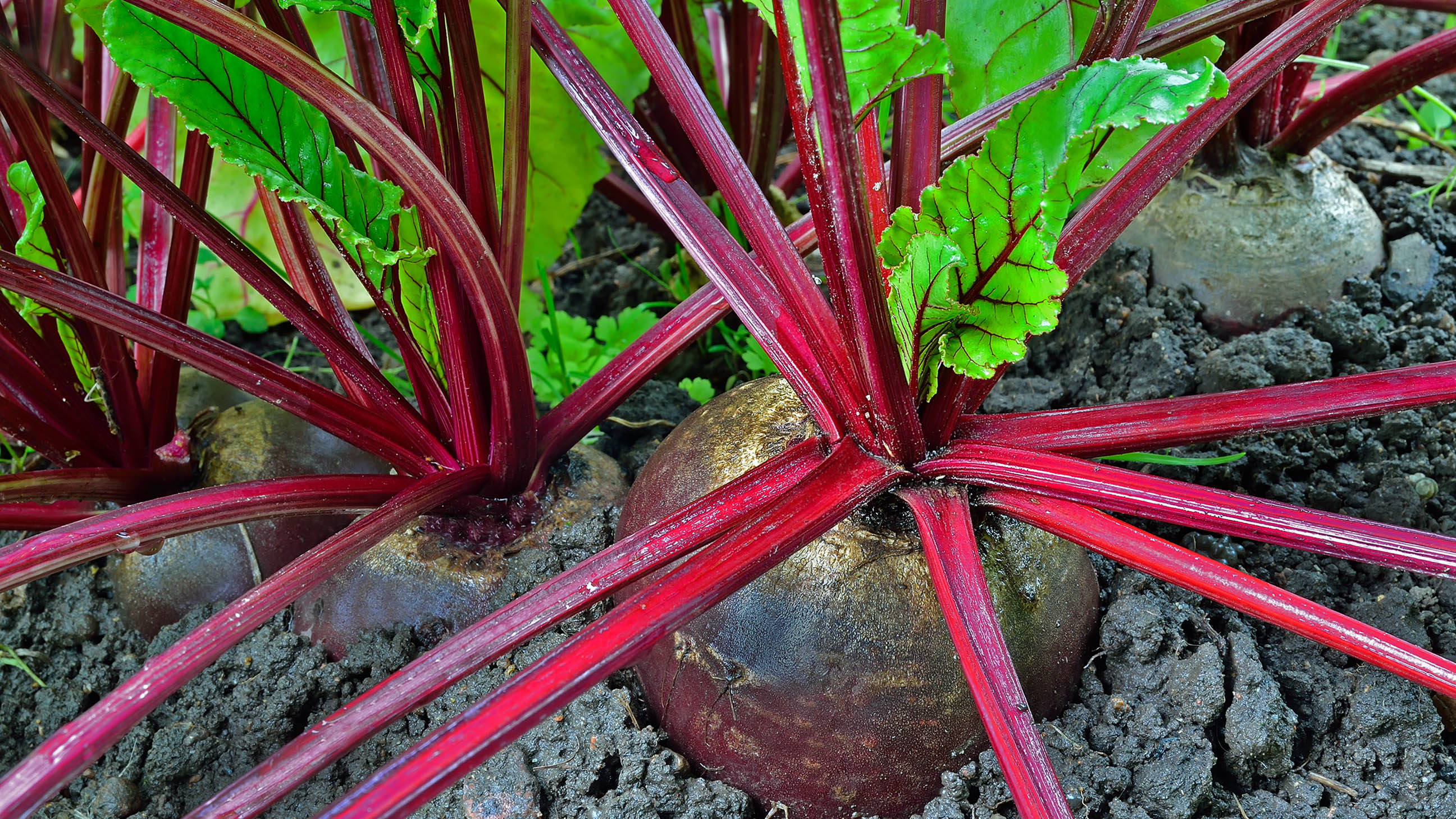
These hardy vegetables are best sown in March. When planting directly outdoors, sow in shallow spots and cover with a fine layer of soil or compost. Once the beets have reached golf ball size, that indicates the right time to harvest.
Potatoes
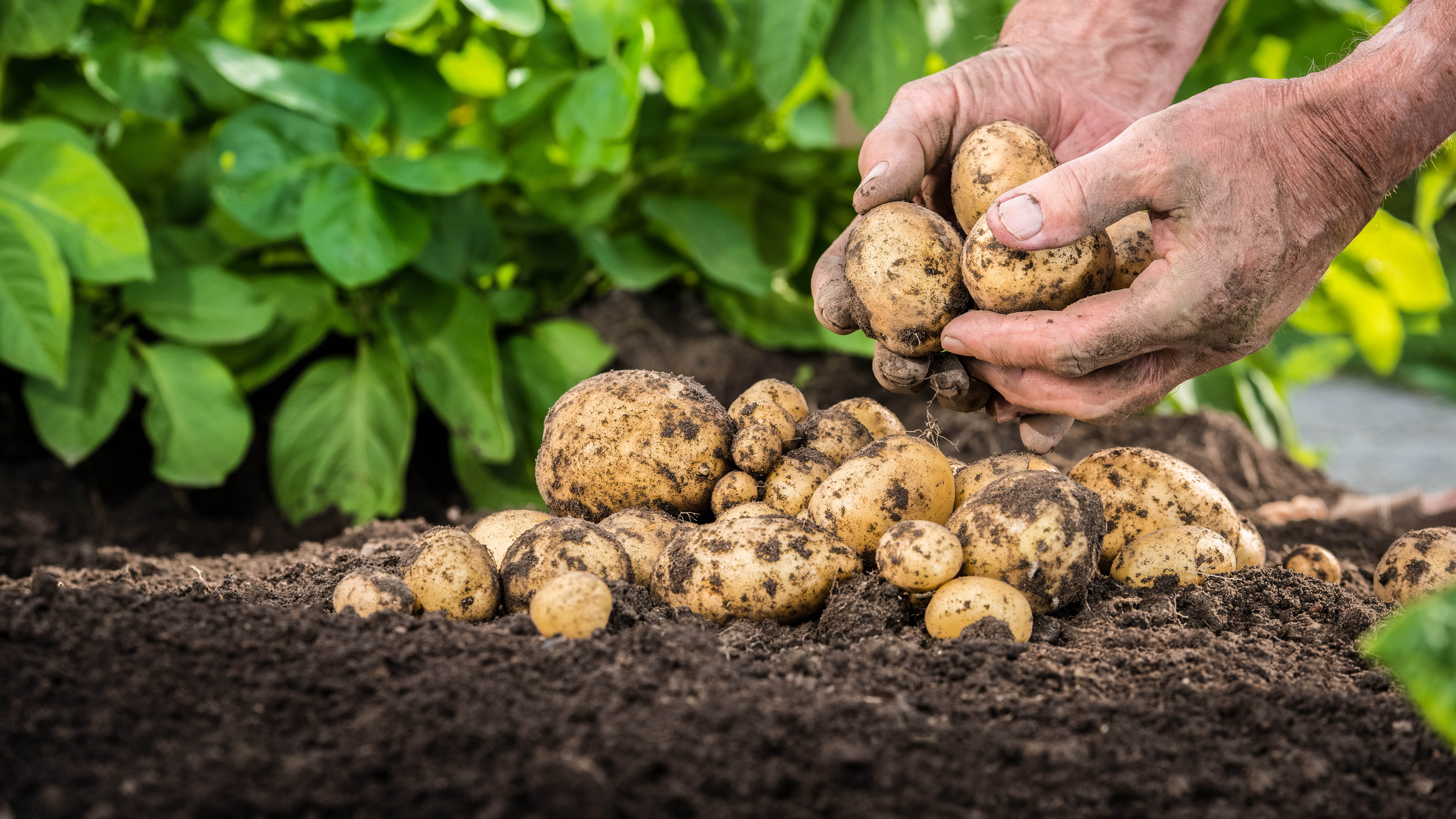
Mid-March to mid-June is the best time to plant potatoes, depending on the climate. Ideally, sow potatoes into the soil about 8 inches deep and a foot apart with the eye facing upwards. In addition, be sure to buy certified seed potatoes from a garden center or local nursery to avoid the risk of disease.
Sign up to get the BEST of Tom's Guide direct to your inbox.
Get instant access to breaking news, the hottest reviews, great deals and helpful tips.
Other cool-loving crops that you can plant in March include broccoli, Brussels sprouts, cabbages, carrots, peas, radishes, onions and cauliflowers.
Daffodils, lilies and tulips
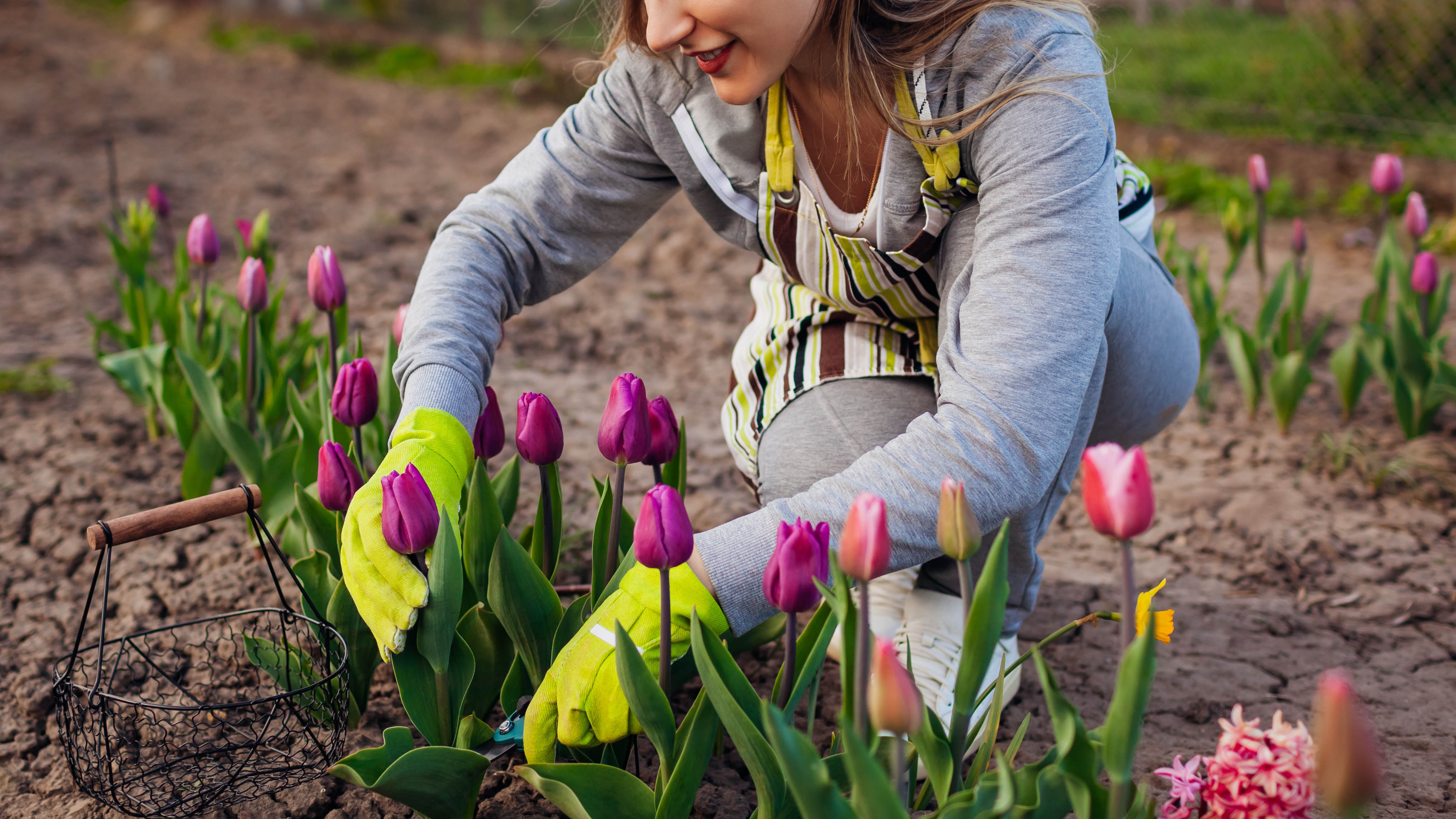
These springtime favorites are all grown from bulbs, which are perfect for sowing in March. Plant the bulbs at the correct depth and width as stated on the instructions. In addition, bulbs are usually placed in the ground with their pointy ends up before watering soil. It’s worthwhile to note that you should only plant summer bulbs once the ground has warmed up, or else they won't germinate.
They can all be cut and enjoyed indoors. Here are 5 tips to keep your cut tulips fresh for longer.
Roses
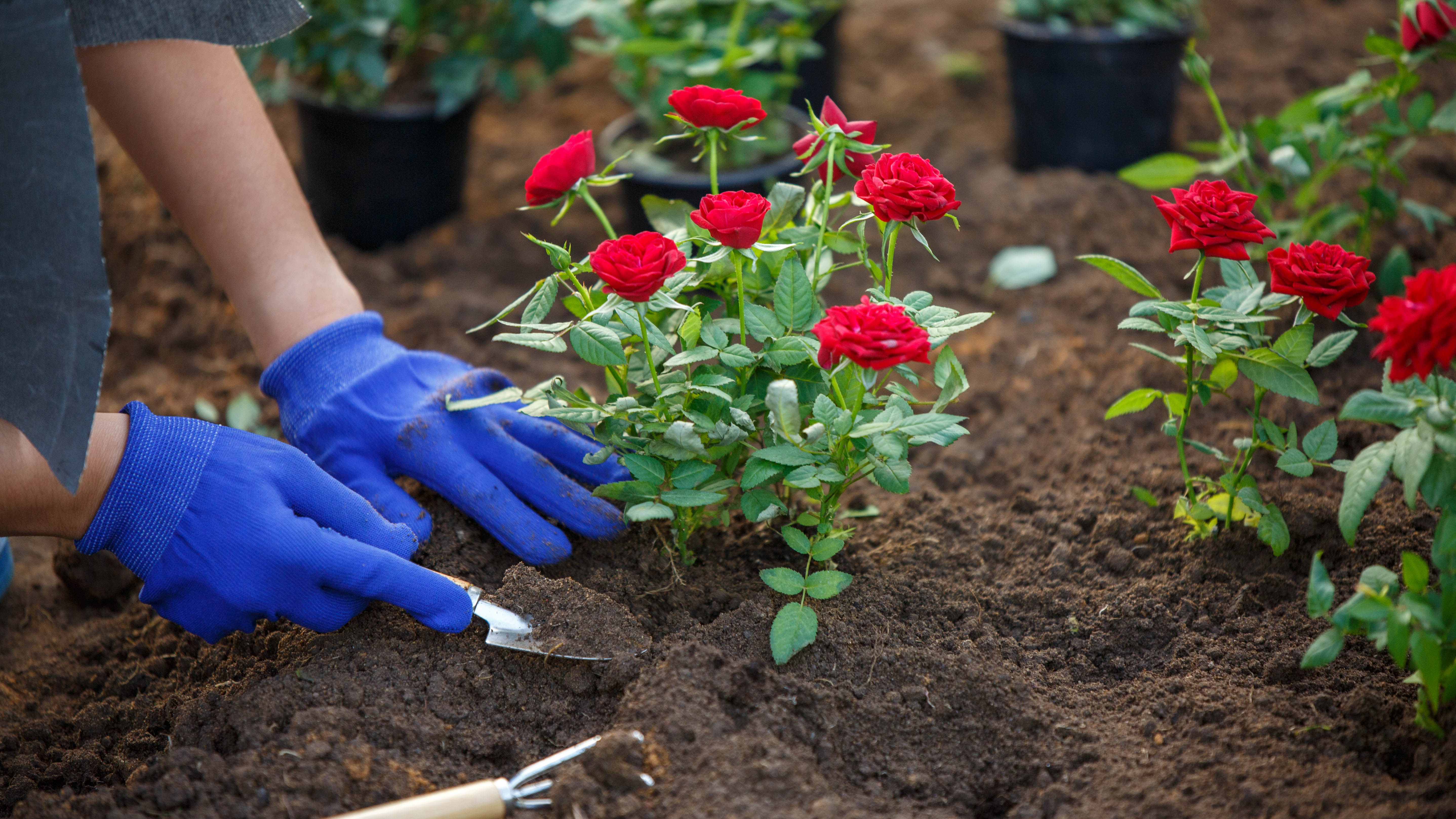
Roses always make a beautiful feature in any garden, and March is the ideal time to plant them. Ideally, plant roses where they will receive a minimum of six hours of sun per day outdoors. It’s easier to plant potted roses, but it’s also recommended to plant them by late spring for best results. In any case, roses can still be planted any time during March, provided they are watered well, especially in warmer climates. This is also a good time to prune your grown roses. If you need help with this, read how to prune roses and when to do it for more tips.
Violas
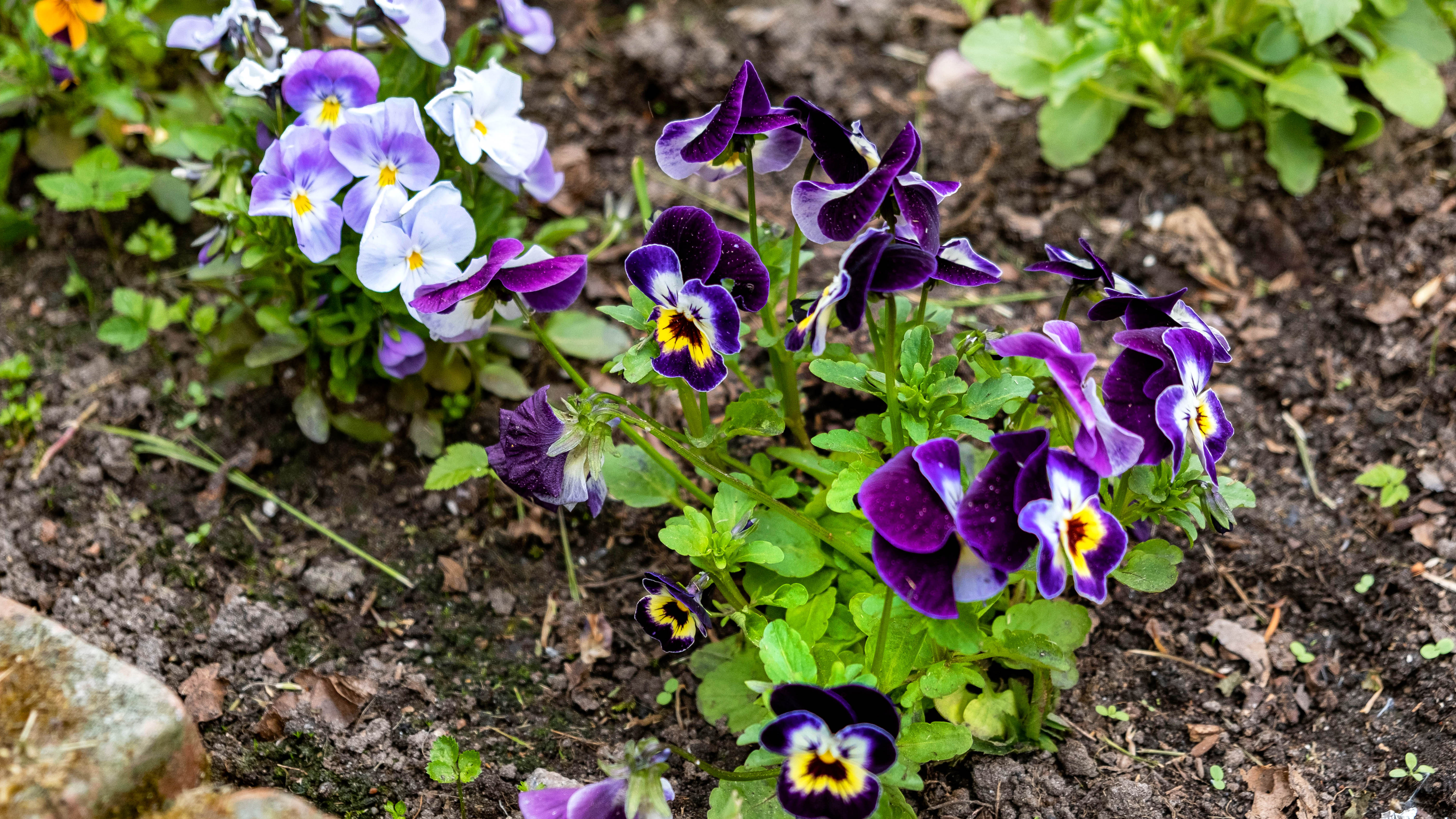
These pretty annual flowers can add vibrant color to gardens, containers or window boxes. You can start sowing seeds indoors early, so that they are ready to plant outdoors once the frost has gone. What’s more, these flowers are edible and often used to dress up salads or cupcakes.
Fruit trees
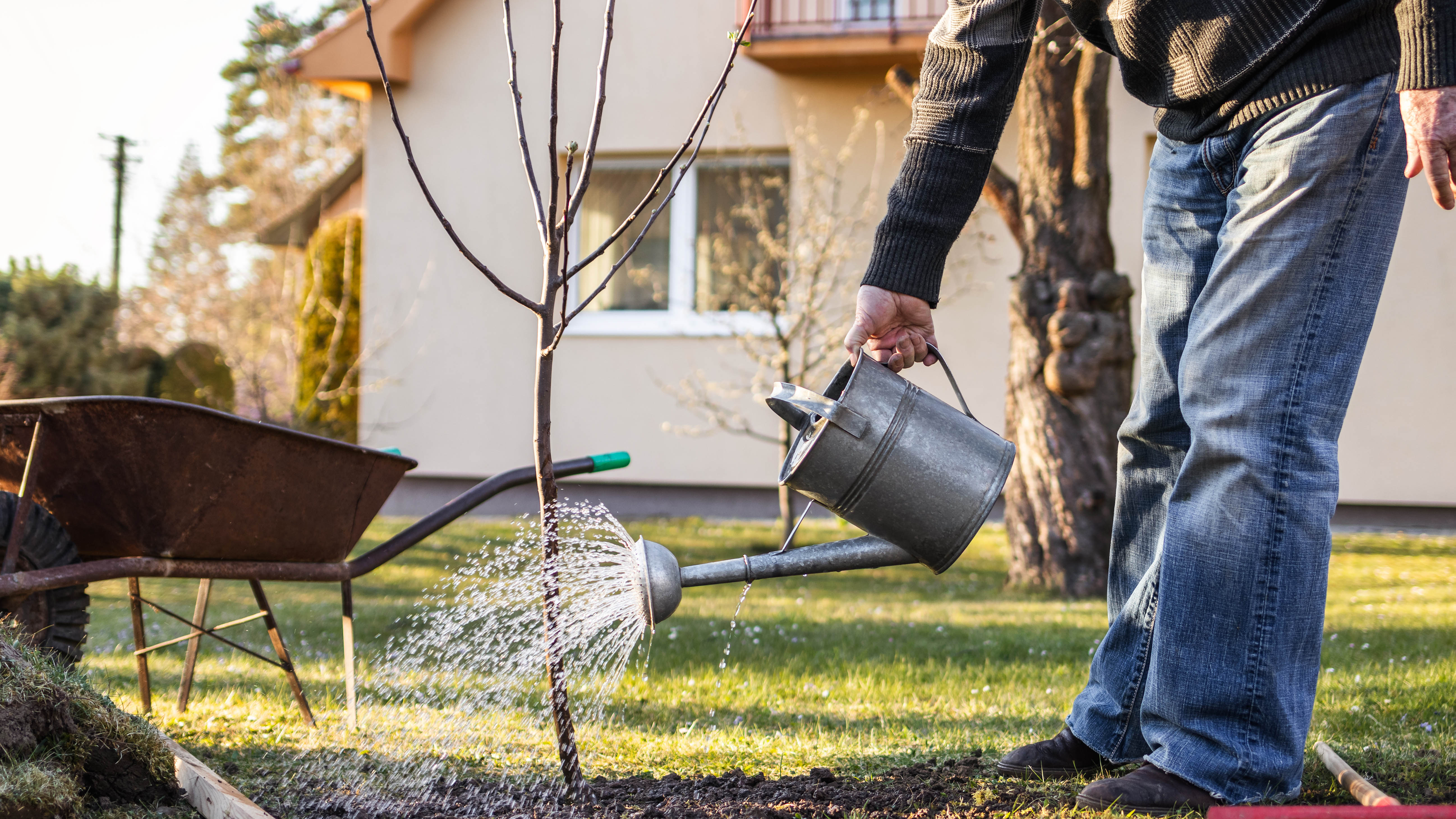
There’s nothing more organic than picking fruit straight from the tree, and March is the ideal time to plant fruit. It’s always best to look for quality fruit trees or cherry blossom trees that you can plant directly into the ground; your local garden center or nursery should have some. Before planting a tree, ensure you dig a hole in the soil at the correct depth stated on the instruction label. Place the tree inside, fill the hole with soil, and water the newly planted tree thoroughly. Be sure to read the care instructions on the label, so you can look after the tree properly and ensure you get a bumper harvest.

As the Homes Content Editor, Cynthia Lawrence covers all things homes, interior decorating, and garden-related. She has a wealth of editorial experience testing the latest, ‘must-have’ home appliances, writing buying guides and the handy ‘how to’ features.
Her work has been published in various titles including, T3, Top Ten Reviews, Ideal Home, Real Homes, Livingetc. and House Beautiful, amongst many.
With a rather unhealthy obsession for all things homes and interiors, she also has an interior design blog for style inspiration and savvy storage solutions (get rid of that clutter!). When she’s not testing cool products, she’ll be searching online for more decor ideas to spruce up her family home or looking for a great bargain!
